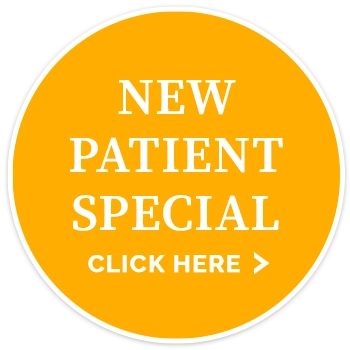Tooth Extractions in Chandler AZ

While most of us will take every precaution to ensure we have strong, healthy teeth, sometimes things happen that cause damage anyway. Neglecting dental hygiene, sporting mishaps, and even faulty genetics can cause issues with your teeth. If your dentist decides a tooth extraction in Chandler AZ is the best course of action, there are a few things you should keep in mind.
Anesthesia Used For Tooth Extractions in Chandler AZ
Unless it is a comprehensive wisdom tooth extraction procedure, most tooth extractions will typically use a local anesthetic which will numb a specific area of your mouth for a few hours. This numb sensation should eventually wear off, and normal sensitivity will return. If it doesn’t, you should contact your dentist.
While still under the effect of the anesthesia, you should try not to move your mouth, or to bite on anything. You will not be able to feel it should you bite your tongue or cheek until the freezing wears off. Depending on the circumstances, your dentist may prescribe a painkiller to help with the discomfort you may experience after the extraction.
Bleeding
Depending on the extent of the work, your Chandler AZ dentist may put a gauze covering on top of the extraction to protect the blood clot. It’s important at this early stage to simply let the gauze do its work to apply some pressure and gently cover the extracted area. There will still be some bleeding shortly after the extraction, but this will gradually stop, as the clotting process gets underway.
If you are given a gauze pack to keep in your mouth after the visit, you should continue to use it for 30-45 minutes after the visit. After that, carefully remove it, and replace it with another gauze pack of for another 30-45 minutes. You should keep doing this until the bleeding stops. Don’t confuse a little bit of blood mixed in with saliva for a serious flow of blood. However, if the bleeding hasn’t stopped after a few hours, you should contact your dentist.
The First 24 Hours After A Tooth Extraction
While the clot is covering the extraction area and solidifying, you should do as little as possible to disturb it. Otherwise, you will be slowing down your own healing process. Strenuous activity should be avoided during this period.
Contrary to what you may believe, you should also avoid drinking with a straw. Using a straw will create suction in your mouth which may cause you to start bleeding again. Avoid rinsing your mouth, and stay away from alcoholic beverages or mouthwash as these will be extremely painful when they make contact. Do not smoke, as this will slow down the healing process.
Even though it’s not a major medical procedure, you should take care of yourself after tooth extraction. Take it easy to give yourself the best possible chance of healing quickly. Rinse the mouth gently to clean it, and don’t brush the affected area. Our team at Layton Lakes Dental is here to help.
Layton Lakes Dental
3230 S Gilbert Rd #4
Chandler AZ 85286
(480) 306-5506
OFFICE HOURS
Monday
7:00am - 5:00pm
Tuesday
9:00am - 6:00pm
Wednesday
7:00am - 5:00pm
Thursday
Closed
Friday
7:00am - 4:00pm
Saturday & Sunday
Closed
